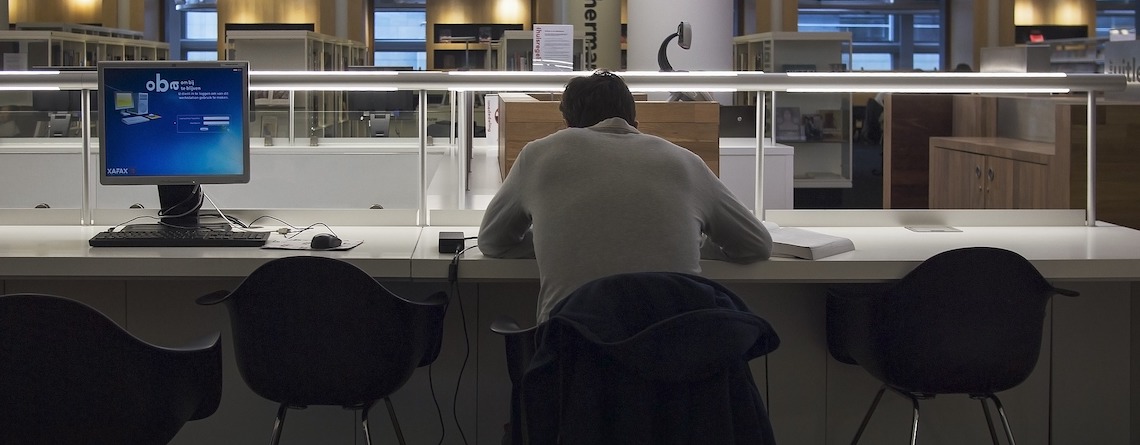Our work life in 2021 & beyond
Posted on June 2020 By Speller International

Do you know what our work life will look like in 2021 and beyond? I don’t think many do.
However, if I look into the crystal ball and make some predictions based off my observations, we probably won't return to ‘normal.’ So, what will our new work life look like according to me, Scott Anstey? Let’s find out.
Flexibility in the workplace
Businesses will no doubt be looking to save costs where they can. The necessity to do so should see a lot of existing policies and practices be thrown out the window in favour for a more agile and flexible working environment. But that doesn’t mean productivity will suffer. Maintaining a continued high level of output and productivity will be their end goal.
The need to go into the office everyday will change. A lot of the barriers, concerns and hesitations from businesses about allowing people to work from home have been removed over the last few months. So, we believe this type of flexibility will remain in the future which will benefit employees with families and the work/ life balance of the workforce.
Office floor plans
Will we see the need for big organisations to have large corporate offices and campuses moving forward? Existing offices or companies moving to new offices will now be designed to keep people working together while physically apart. Common trends such as open floor plans and hot desks will become a thing of the past.

Organisations will look to operate with reduced capacity and adopt “teams” that will use the facilities on a rotational basis which will mean a bulk of the workforce will still continue to work remotely on a more regular basis. This will mean smaller office spaces for a lot of companies and a lot of costs saved on commercial rent.
Growth in technology
Technology has grown and been more widely adopted allowing us to be more connected than ever. The need to travel interstate for the important business meeting or into the office for the daily stand up could be a thing of the past.
The emergence of technologies such as Zoom and Microsoft Teams has allowed business to continue to keep connected with their employees. In the months and years to come we will see these platforms enhanced further or see some new technology developed and rolled out, making it easier than ever to connect and meet people from all over the globe virtually.
Remote working
Someone’s physical location may no longer be a burden and barrier anymore, particularly for the contract workforce. Too often we have seen top quality candidates from interstate miss out on a contract because additional costs associated with travel on top of their rate means a less skilled but local resource will get the role.

Moving forward, companies are likely to be more accepting of employee requests to work from home, and some could even make entire operations remote once their office leases are up, expanding their reach of the available talent in the market.
But is it all positive?
Loss of connection
We touched on earlier about being more connected than ever, however most of this is via online means. But at what cost? Most people build lifelong friendships with the people that we work with which often provides a positive work culture for the organisation. If we continue to move into a remote workforce, will we lose that human element and contact?
The weekend recap at the water cooler, the gloating to you mate if your footy team wins on the weekend, the quick walk around the block with you colleague to clear your head after a stressful situation or simply going over to someone’s desk to discuss a work issue face-to-face. These are some human interactions that cannot be replaced with technology. So, will innovation hinder these human connections or help the flourish more than ever?
There will be many different options and operating models that companies will look to introduce moving forward. And these changes should now be seen as an opportunity to innovate and think outside the square, rather than demotivate us.
We would love to hear your predictions about what the future of work life might look like. If your organisation has already made long term plans, please share these with our community on LinkedIn.
If you would like to know more about the SAP industry or the Speller Team, feel free to follow us on LinkedIn.
